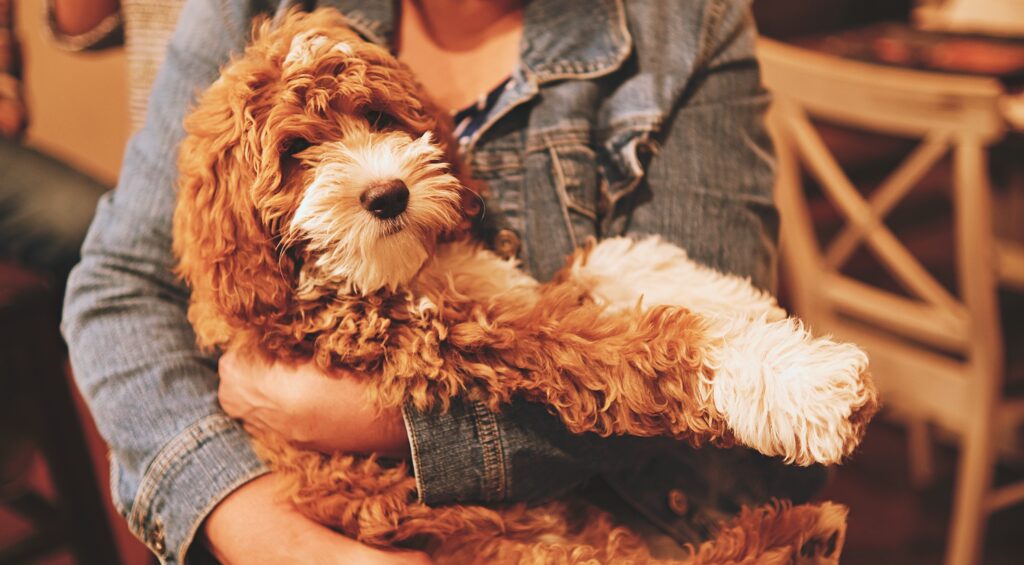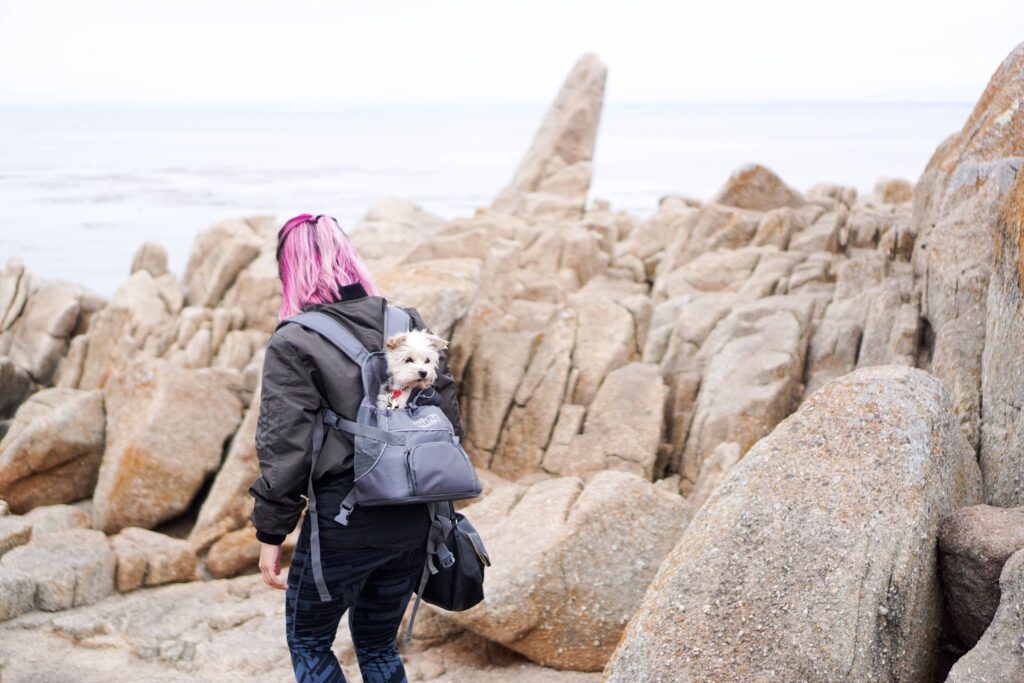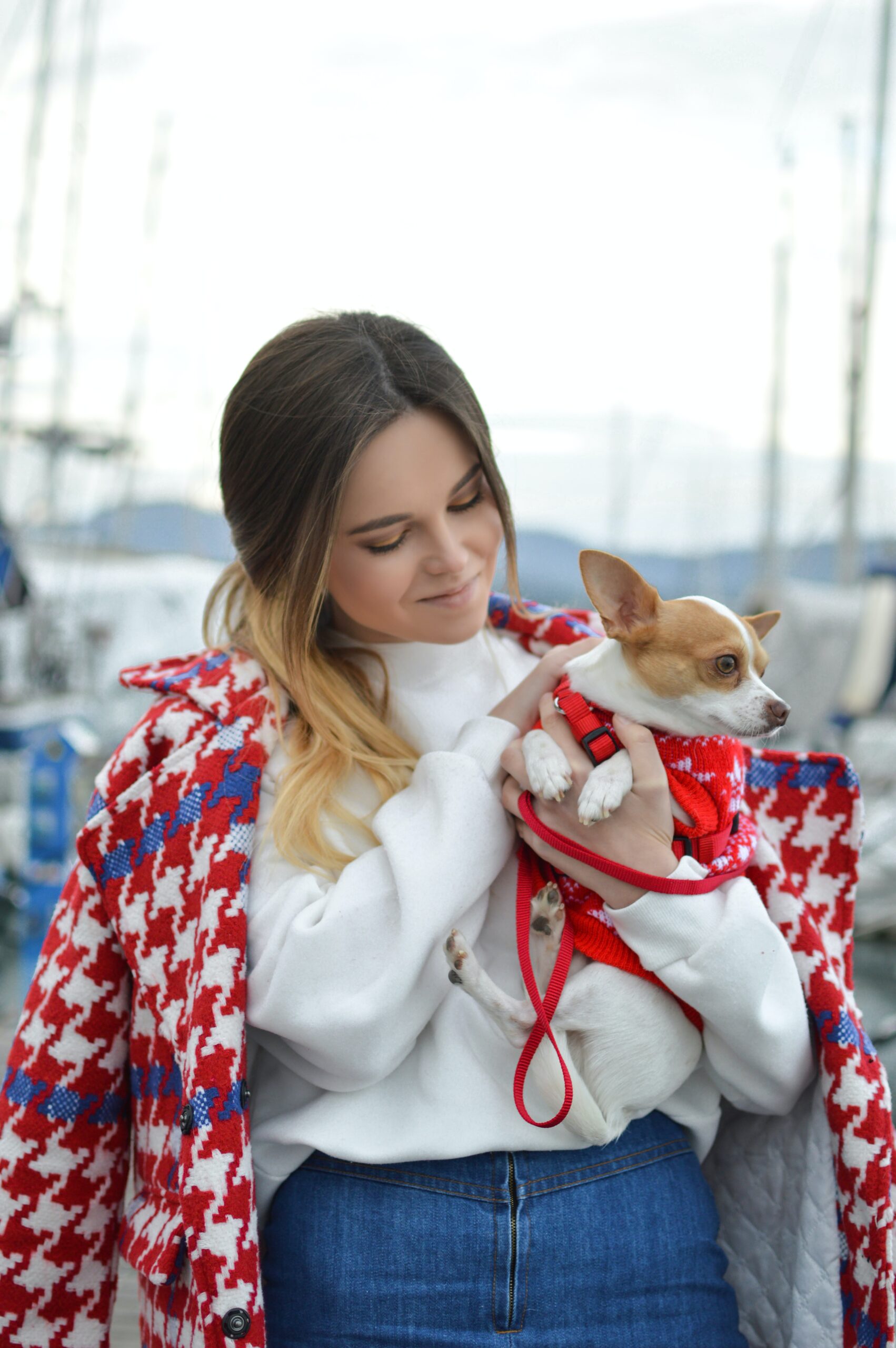Why Is Early Socialisation Important In Dogs?
Well today Socialising your new puppy: A beginner’s guide will explain why it is a must to socialise from an early age as many puppies miss out as the owners do not understand what is needed.
Some puppies even end up staying in until the puppy is fully vaccinated, and by then the puppy has missed out on crucial learning experiences when needed.
In the early weeks of a dog’s life, they undergo critical learning periods that help shape their behaviour and future temprement which is then a foundation for the future.
By undergoing early socialisation it helps the dog learn better communication skills towards other dogs and also people and aids their learning process along the way.
Socialising Your New Puppy: A Beginner’s Guide
So why is early socialisation important in dogs?
What has been found over the years is that a puppy that has a good grounding of early socialisation has a better chance of being a happier more well-mannered, well-behaved dog as an adult, and also are unlikely to display unwanted behaviours in situations that can be stressful due to having more life skills.
This is down to having proper early socialisation which helps a dog become familiar with different stimuli, environments, and experiences.
This exposure reduces the likelihood of them developing fear or anxiety towards new situations, people, or other animals later in life, thus hopefully making better decisions.
Stimuli
Stimuli can mean any physical or environmental changes that evoke a response or reaction from an organism. In other words, stimuli are factors or events that can influence and affect the behaviour or physiological processes of a dog.
The stimuli could be visual, auditory, or through touch due to the type of surface touched by a dog’s paws, the pressure put on the surface or even the temperature of the surface, like concrete on a hot day. Other stimuli could be smell and taste too.

Stimuli play a significant role in how dogs interact with and adapt to their surroundings. For example, in dog training, treats (stimuli) can be used to reward desired behaviours, encouraging the dog to repeat those actions in the future.
The opposite could be unpleasant stimuli, such as a loud noise, which might be used in aversive training techniques to discourage unwanted behaviours.
Being Safe When Socialising
By being sensible and not putting your puppy on the floor and carrying it to different places locally, your new puppy will get to see the world in full glory.
You can walk down the street and pass men, women and children. You can walk past noisy traffic, and see dogs walking with their owners. Your dog can see things we take for granted like walking sticks, push chairs, prams etc. and learn that they are nothing to worry about.
Doing this on a daily basis and going to different local places will really set your new puppy up for success and give it some life skills to cope with the outside world.
If you can’t carry your dog, buy something like a dog sling or doggy backpack to help carry your puppy about.
Many dogs out there struggle when going on their lead for the first time. Why is this?
It can be down to no early socialisation taking place and the puppy has not been carried anywhere. It may not have seen many people coming around to the home. It may have had limited time in the garden and so has not gotten used to sounds.
It could be that the owner has not done any lead or harness training in the home, so when the new puppy goes out, it feels restrained and overwhelmed by the sights, sounds and smells and everyday life.
Dogs that are not adequately socialised may exhibit fear-based aggression, shyness, or other behavioural issues. Early socialisation can significantly reduce the risk of these problems developing.
So, please do not let your puppy be like that. Start off the right way and the moment your puppy comes into your home, start proofing the bond between you ASAP within the home and start carrying it outside in different places daily to top up your puppy’s early socialisation.
We all live busy lives one way or another, but you need to put time aside at the beginning to help your puppy flourish so the moment it goes on the floor, or a lead it is not scared as overwhelmed as it could of been if you had not got stuck in with the early socialisation.

Free Puppy Learning Timeline Pdf
Early socialisation for a puppy is your friend if done right as you will start promoting the life skills your dog needs to learn and cope with on a daily basis.
To find out more about your puppy’s learning timeline download the Free puppy timeline PDF by clicking the link or accessing it via the homepage of this blog and scrolling down the page to it.
What happens when dogs are not well-socialised?
As mentioned earlier in this post, early socialisation helps dogs learn positive interactions with humans and other animals. It increases the likelihood of them being friendly and well-mannered around people, children, and other pets.
Socialising early on, experiences can build a dog’s confidence as it learns to navigate various situations successfully.
If a dog has not been well socialised it may show bad manners and come across as overly friendly but too persistent. It could be the opposite and be timid and standoffish.
It could act in a fearful manner around dogs and people and also show some aggressive behaviours as it is unsure of how to handle situations.
Each dog is different but early socialisation must be done right at the beginning and before 16 weeks of age!
Now if you are unsure of what to do or are worried in any way that your puppy will miss out, There is no need to worry as The Complete Puppy Training Program can guide you every step of the course of your puppy’s early socialisation journey.
So you know how many places to go to, how many people to see, how to deal with situations and more so you have the perfect puppy.
Find out how by Clicking Here.
Remember socialising a dog is an ongoing process but the more you do before 16 weeks of age the better for you and your puppy!


3 thoughts on “Socialising Your New Puppy: A Beginner’s Guide”
Comments are closed.